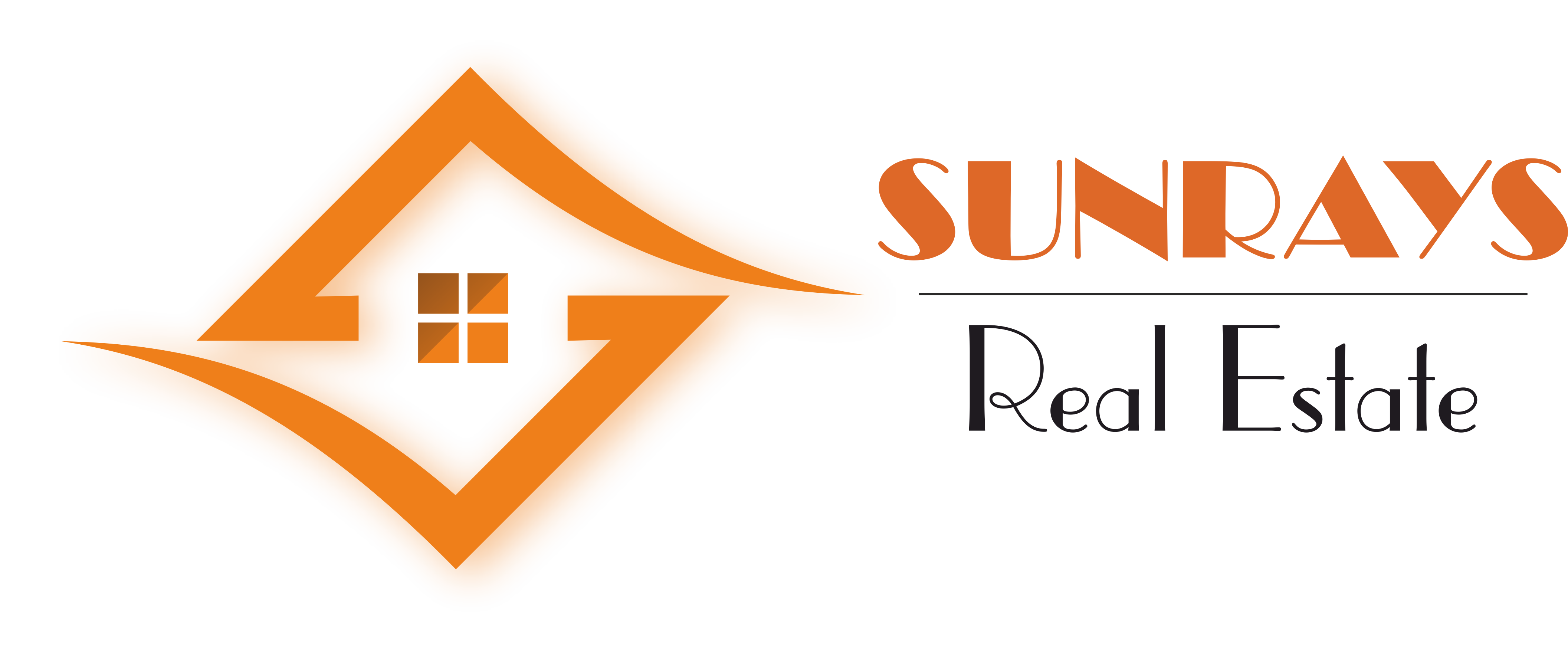Starting your own business is one of the most powerful ways to take control of your life and make extra money month after month. But taking this leap can be scary. Contact SUNRAYS Real Estate agent to help you exactly how to get started and own your own business.
Choosing the right business to buy depends on your needs and lifestyle. You should make sure you take time to research and understand the business and industry.
Buying an already established businesses can have advantages. Businesses that have a good business history are likely to understand how to run successful operations. It’s also easier for these businesses to get financial backing from banks.
However, established businesses can also come with disadvantages. This can include outstanding contracts that you will have to address or a poor public image inherited from the previous owner.
You will need to check the businesses records, plans and operations and familiarise yourself with your competitors and the industry.
1. Check if you’re business ready
Running a business is hard work and requires a lot of discipline. Before taking on a business consider the following to see if you are business ready:
Do you have the right skill set to start a business?
How much time will you need to invest in a business for the business to be successful?
Are you physically and emotionally ready to deal with unusual work hours and time pressure?
What are your personal goals and will starting a business help you achieve them?
Do you have the capital to invest in a business for it to be successful?
It’s important to consider the costs of running a business before you look at buying.
SUNRAYS Real Estate Can help you to calculate the start up costs of your new business.
2. Find the right business
Finding the right business to buy can be time-consuming and challenging. Take time to consider your interests and background experience. This may help you narrow your search to an industry and marketplace that’s right for you.
Once you’ve found a business that you’re interested in buying you may want to consider:
Does the business have the potential to be successful?
What value can you bring to the business?
Is it in a good location?
Do you want a business that is already up and running and has an established customer base?
3. Do your research
Before you consider buying a business make sure you have done all your research first. Researching the business that you want to buy will allow you to understand its reputation and potential.
Market research can help you to understand the business’s customers and the market it operates in.
You may also want to talk to existing customers, employees and neighbouring business owners to get a view on how the business is doing.
Learn about the different types of market research and where you can find research information.
4. Value the business
Before you commit to buying you should determine the current value of the business and its potential growth. You may also want to get a professional valuation of the business’s assets and liabilities.
5. Conduct due diligence
Gather as much information you can on the business you’re interested in before you sign the contract. It’s essential that you review all:
- financial records
- business operations
- legal documents
These documents help you identify and manage any risks associated with buying the business.
To conduct due diligence you’ll need to review items such as the business’s:
Licences and permits – Does the business have all the correct licences and permits required to run the business? Are they up-to-date?
Contracts and leases – Will the landlord agree to the transfer of the lease into your name? Will you have to negotiate a new lease?
Agreements – Are there any outstanding agreements between the seller and suppliers?
Status of plant, equipment and fixtures – What kind of equipment and machinery does the business own? Are they in good working order and licenced?
Assets – What assets does the business have? Does it have any intellectual property?
Inventory – Is the inventory on-hand being included in the purchase? How is the inventory managed, stored and distributed currently? What is the current state of the inventory?
Liabilities – Does the business have any outstanding debts? What refunds and warranties still exist for the business? Are there debts owing on assets that are registered on the Personal Property Securities Register?
Financial due diligence
You need to independently collect and check the financial information about the business. Make sure you examine the past three to five years of financials including:
- tax returns
- business activity statements (BAS)
- records of accounts receivable and payable
- balance sheets
- profit and loss records
- cash flow statements
- sales records
6. Make an offer
Once you make a final decision about whether to make an offer to buy it. SUNRAYS Real Estate will negotiate the purchase price with the seller for you.
After you and the seller have agreed on a price, you’ll need a contract to give legal force to your agreement. The written contract ensures that both you and the seller clearly understand what each person agrees to.
The contract will outline the final cost and what method of payment is being accepted.
Buying a franchise
Franchising is another option to consider if you want to buy an established business. Franchising allows a business to operate under the name and brand of an existing business, and sell their products or services.
CONTACT US TODAY TO FIND OUT MORE INFORMATION
